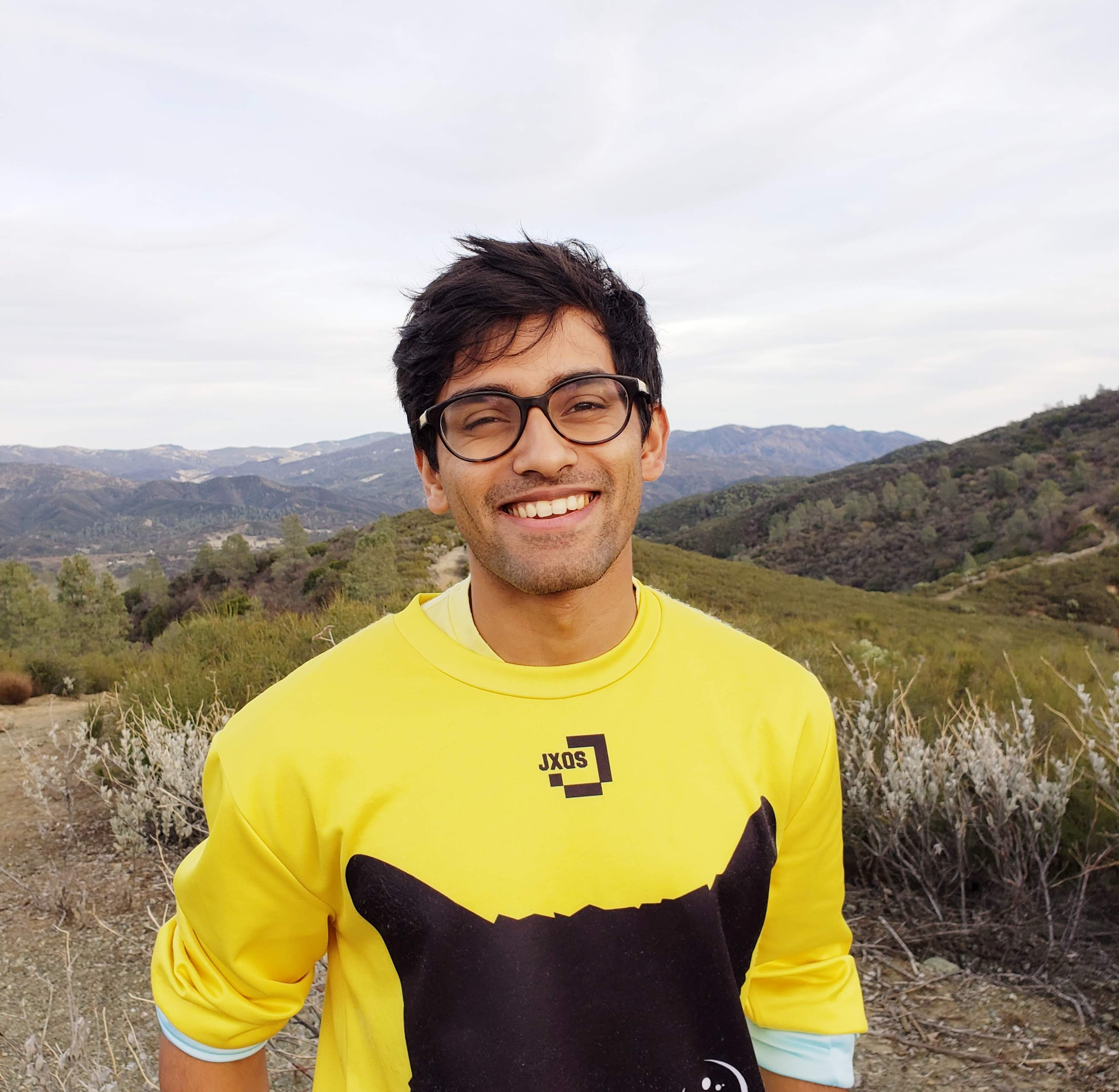I am a (tenure-track) Assistant Professor in the Department of Computer Science at Johns Hopkins University. I am affiliated with the Data Science and AI Institute and the Center for Computational Biology.
My research broadly focuses on developing machine learning methods for addressing fundamental problems in biology. I am particularly interested in developing spatiotemporal and graph-based models for next-generation biological technologies. Please see my group website for details.
I was previously a postdoctoral fellow at the Eric and Wendy Schmidt Center at the Broad Institute of MIT and Harvard. I completed my PhD in Computer Science at Princeton University where I was very fortunate to be advised by Ben Raphael.
Relevant links: CV, Google Scholar, research statement.
Location: Malone Hall, Office 329, 3400 N. Charles Street, Baltimore, MD 21218
